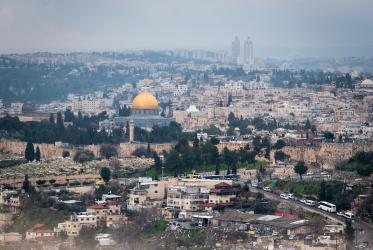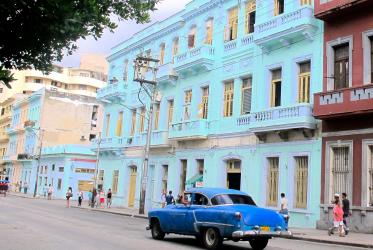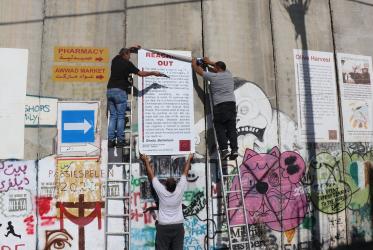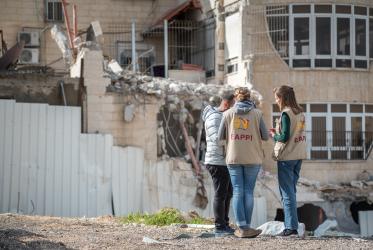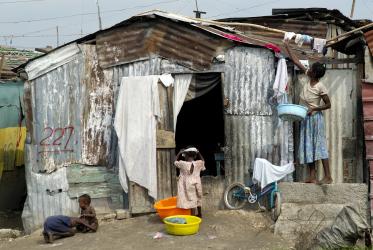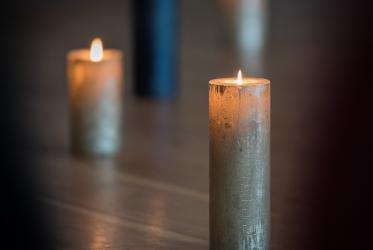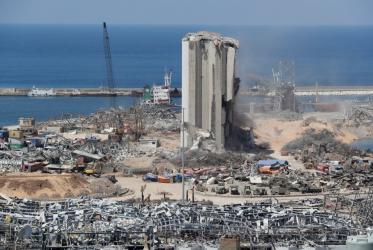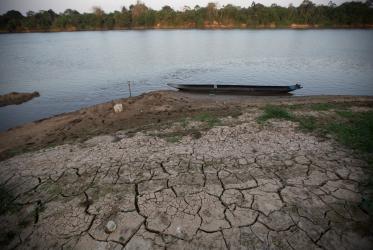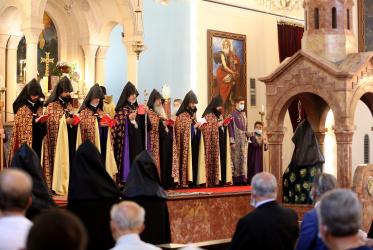Displaying 161 - 180 of 652
In East Jerusalem, “we will never give up our rights”
29 October 2021
WCC prays for Haiti in wake of 7.2-magnitude earthquake
16 August 2021
Brazilian ecumenical water network launched
29 July 2021
In Lebanon, “without peace there is no justice”
21 July 2021

